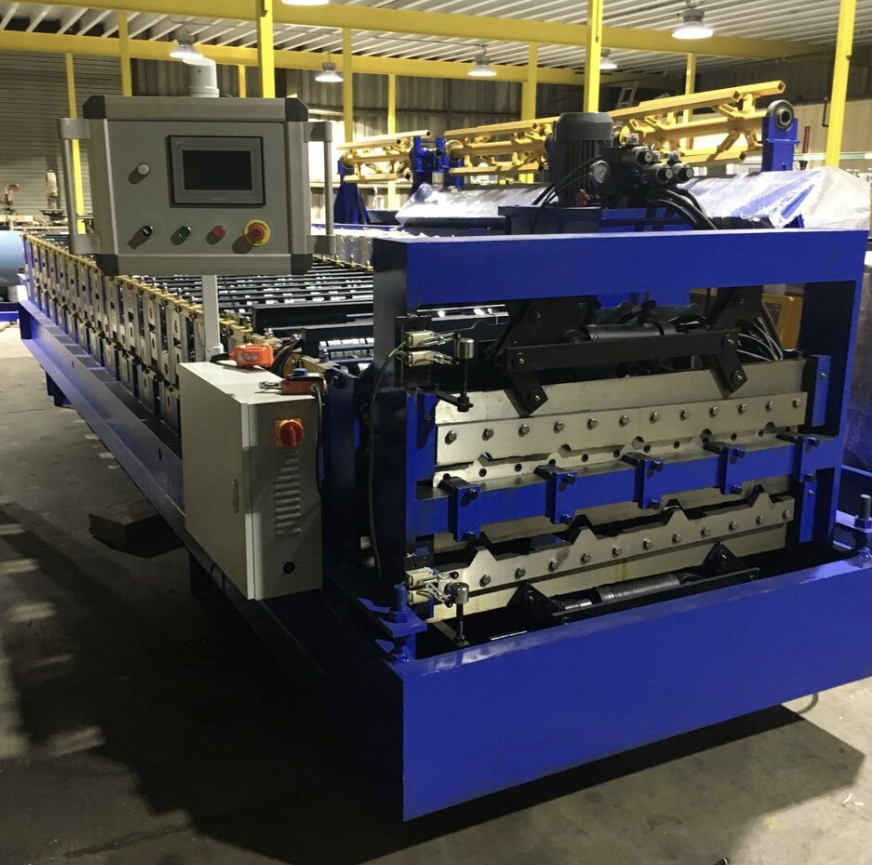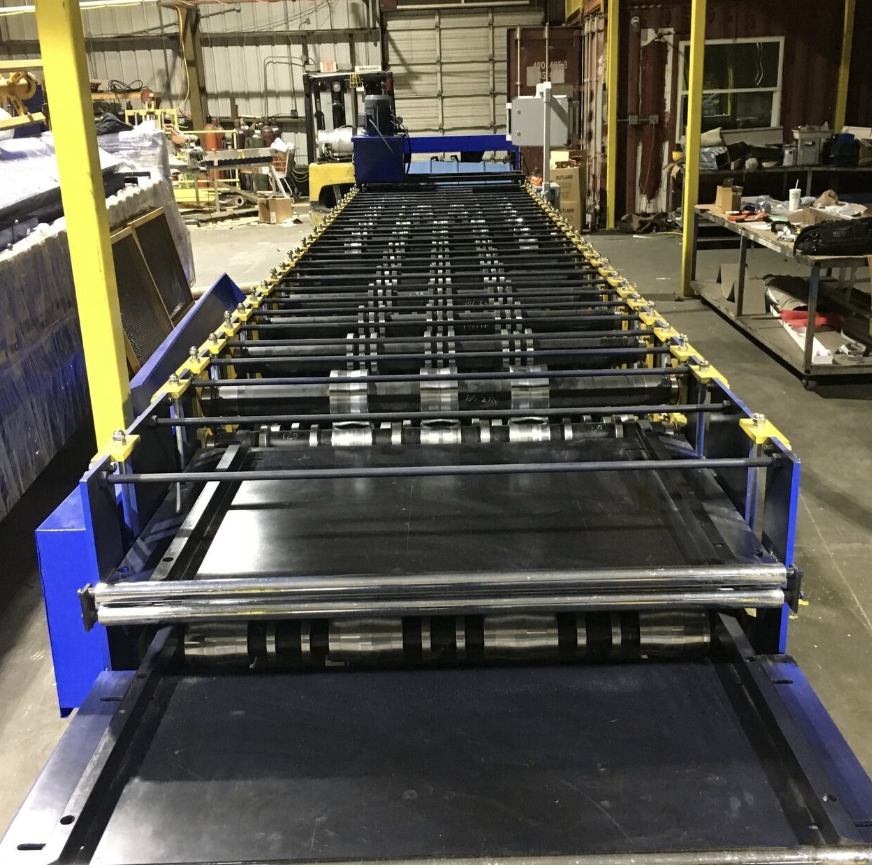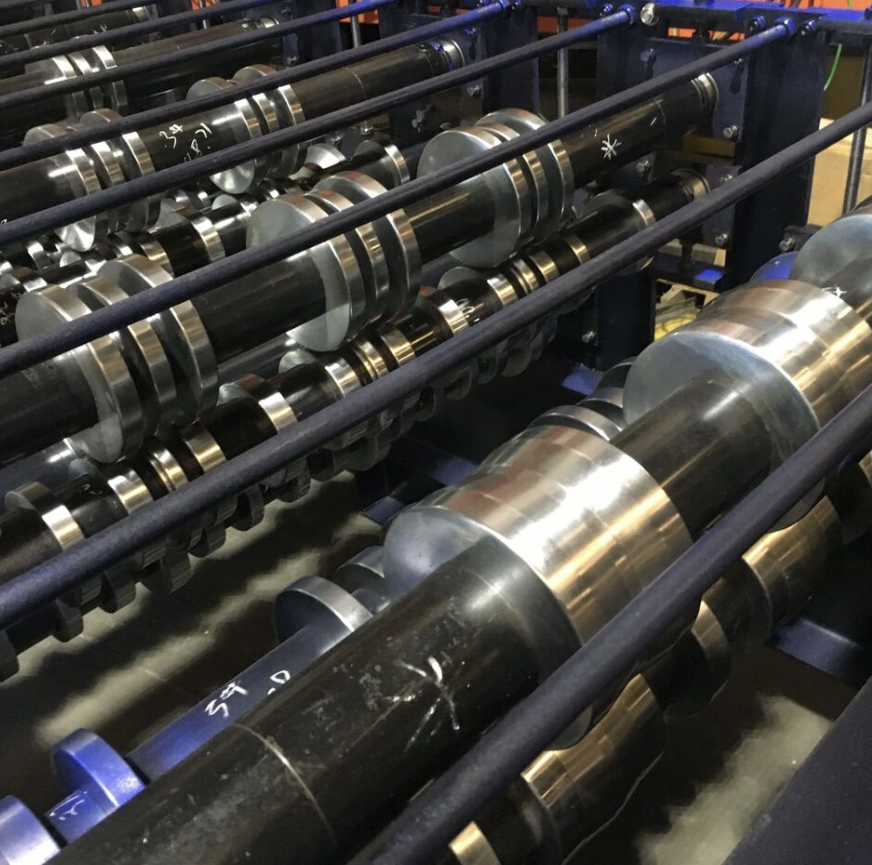To express an interest in this machine please submit the form below.

Not Sure What Machine You Need?
Select Your Profile, We'll Match It
Choose your desired profile drawing, and let Machine Matcher connect you with the best roll forming machine tailored to your needs.
Browse Profiles



The Double Layer Roll Forming Machine is a versatile and cost-effective solution for manufacturing two different metal profiles on a single machine frame. These machines are commonly used in industries like construction, roofing, and cladding to produce metal sheets, roofing panels, and wall cladding profiles. With Germany's focus on efficiency and precision, this machine caters to businesses looking to maximize productivity while minimizing space and investment.
Here’s a detailed breakdown of the specifications of a typical Double Layer Roll Forming Machine:
A Double Layer Roll Forming Machine is engineered to produce two distinct profiles without requiring separate machines. This setup saves both floor space and operational costs. The machine is equipped with interchangeable tooling for the top and bottom layers, allowing operators to switch between profiles with minimal downtime.
The German market values precision, and these machines are built with state-of-the-art technology like servo motors for accurate material feeding and high-quality rollers for impeccable profile finishing. The PLC system ensures automated operation, which reduces manual labor and enhances productivity.
In Germany, these machines are extensively used for roofing and cladding applications in residential, commercial, and industrial buildings. They are particularly popular in regions where diverse profile demands exist due to architectural diversity.
The machine can produce two profiles such as trapezoidal and corrugated sheets or standing seam and tile sheets, depending on the customer’s requirements. Profiles can be customized to suit the German construction standards.
Yes, the Double Layer Roll Forming Machine is designed to meet CE certification requirements, ensuring compliance with German and European safety standards.
Absolutely. The machine can be customized to operate on Germany's 380V/50Hz power supply.
Delivery typically takes 6-10 weeks, depending on customization requirements and shipping logistics.
Manufacturers often provide remote support and can arrange on-site visits by technicians for installation and maintenance in Germany.
Yes, many manufacturers and suppliers offer financing options or leasing plans tailored for the German market.
Copyright 2026 © Machine Matcher.